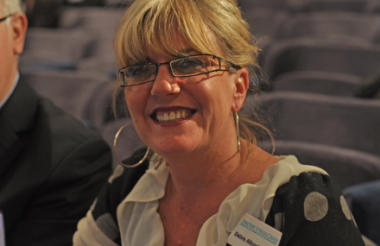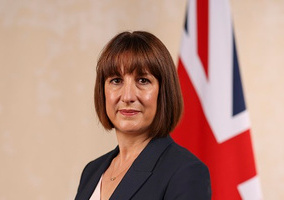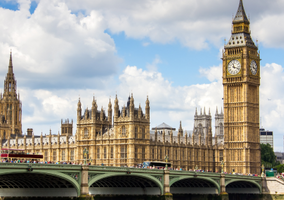Charities have been encouraged to tell funders either to increase their funding to cover the impending increase to employer national insurance contributions (NICs) or expect a reduced output.
Debra Allcock Tyler, chief executive of the Directory of Social Change (DSC), wrote in a blog this week that “some of the financial woes we face in our sector are of our own making”, with many charities attempting to deliver the same work as before when costs rise.
She said that while charities “strain every sinew” to continue providing services due to their commitment to the cause, they should instead explain that cost rises will limit their work if not covered by more funding.
“In the long run, it kills us and prevents us from being able to deliver at all,” she said.
The Association of Charitable Foundations (ACF) said in response to the article that grantmaking has increased in recent years and that it encouraged funders to be flexible in their support but that they could not “fill the gaps created by government policy”.
‘We don’t fight back’
The NICs increase is due to come into force in April and is estimated to cost charities £1.4bn a year, with charities so far unsuccessfully lobbying for an exemption.
DSC recently urged chancellor Rachel Reeves to delay the tax rise until 2026 to allow trustees longer to prepare and to alter the NICs thresholds to reduce the impact on medium-sized charities.
Allcock Tyler told Civil Society that charities, unlike private companies, “have a tendency not to ask” for more money when their costs increase but urged them to do so ahead of the NICs rise.
“The voluntary sector always assumes that we're not the priority, so we don’t ask and that’s what I sometimes get cross with, because a lot of it is our own fault,” she said.
“We don’t fight back, we don’t ask, we don’t negotiate terms of contracts. Private sector companies do. They will go back and say: ‘This isn’t a good enough deal for us. Can we negotiate?’”
She added: “Until we are able to do that, we’re going to consistently keep driving ourselves into the ground financially because we can’t afford to do it.”
ACF: ‘We encourage funders to be flexible’
ACF director of policy, practice and research Catherine Seymour said: “Following over a decade of reductions in government funding, the proposed increase in NICs adds further financial pressure which will have a devastating impact on charities and the communities and causes they support.
“Foundations’ grantmaking spend has increased year-on-year (rising 3% over and above inflation last year, on top of a 13% real terms increase during the pandemic) but it cannot fill the gaps created by government policy.
“We continue working with our members about how they can best support grant holders in any eventuality on this issue.
“We encourage funders to be flexible and responsive in meeting changes in demand, to prioritise clear and open communications, and to consider both financial and non-financial forms of support.”
LGA: Councils may have to cut services
Allcock Tyler said charities should take the same approach with all funders including local authorities, with English councils recently awarded a £515m grant by the government to offset the NICs increase as part of their latest annual finance settlement.
In response to the settlement, the Local Government Association’s chair Louise Gittins said: “Extra money for councils next year, including compensation for employer national insurance contributions increases, will help meet some of the cost and demand pressures they face but still falls short of what is desperately needed to cover them all.
“This financial year therefore remains extremely challenging for councils of all types who now face having to increase council tax bills to bring in desperately needed funding next year yet could still be forced to make further cuts to services.
“Wherever possible they will be working alongside their local partners to innovate and try and protect the services that people rely upon as much as they can.”
Related articles












